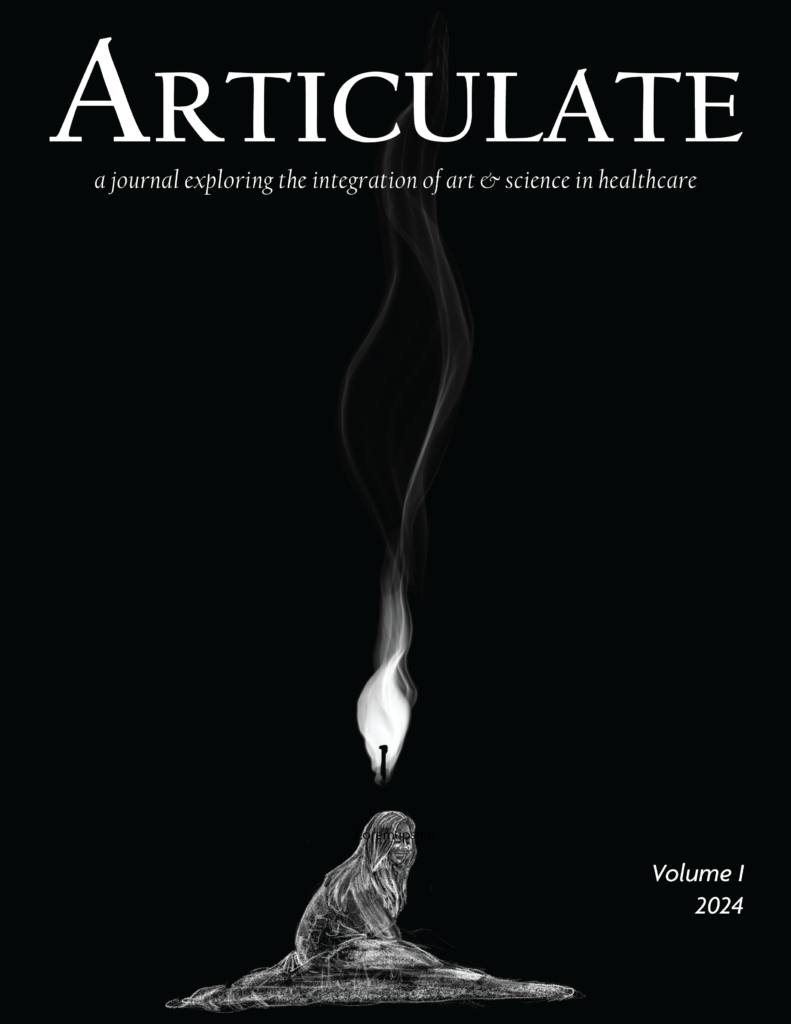Authorship signifies credit for published work and contributes to professional development in academia. It also carries a responsibility for the accuracy and integrity of published work. Authorship and contributions should be determined prior to submission of any work based on the Authorship Guidelines published by the Office of Research at Rocky Vista University and recommendations from the International Committee of Medical Journal Editors (ICMJE). Briefly, authorship should be based on the following four criteria from the ICMJE1:
- “Substantial contributions to the conception and design of the work; or the acquisition, analysis, or interpretation of data for the work; AND
- Drafting the work or revising it critically for important intellectual content; AND
- Final approval of the version to be published; AND
- Agreement to be accountable for all aspects of the work in ensuring that questions related to the accuracy or integrity of any part of the work are appropriately investigated and resolved.”
All authors should meet each of the four criteria. The order of authorship can be determined by consulting the Office of Research Authorship Guidelines. The corresponding author takes primary responsibility for communication with editors during the submission, peer-review, and publication process. Any change in authorship after submission or publication requires a written rationale and signed statements of agreement from all authors, including any authors to be removed or added.
Non-author contributors include contributors who meet fewer than all four criteria listed above. Examples of non-author contributors are included in the Office of Research Authorship Guidelines document. Acknowledgment of non-author contributors is appropriate in manuscripts and descriptions may be included (e.g., served as an advisor, contributed technical editing for manuscript, etc.). Including individuals in acknowledgments implies endorsement of the work and therefore, written permission from non-authors contributors should be obtained prior to submission. Non-human authors, such as ChatGPT, should not be included as authors; please see the policy section on artificial intelligence for more details.
- Recommendations for the conduct, reporting, editing, and publication of scholarly work in medical journals. International Committee of Medical Journal Editors website. http://www.icmje.org/recommendations/. Updated May 2022. Accessed April 21, 2023.

